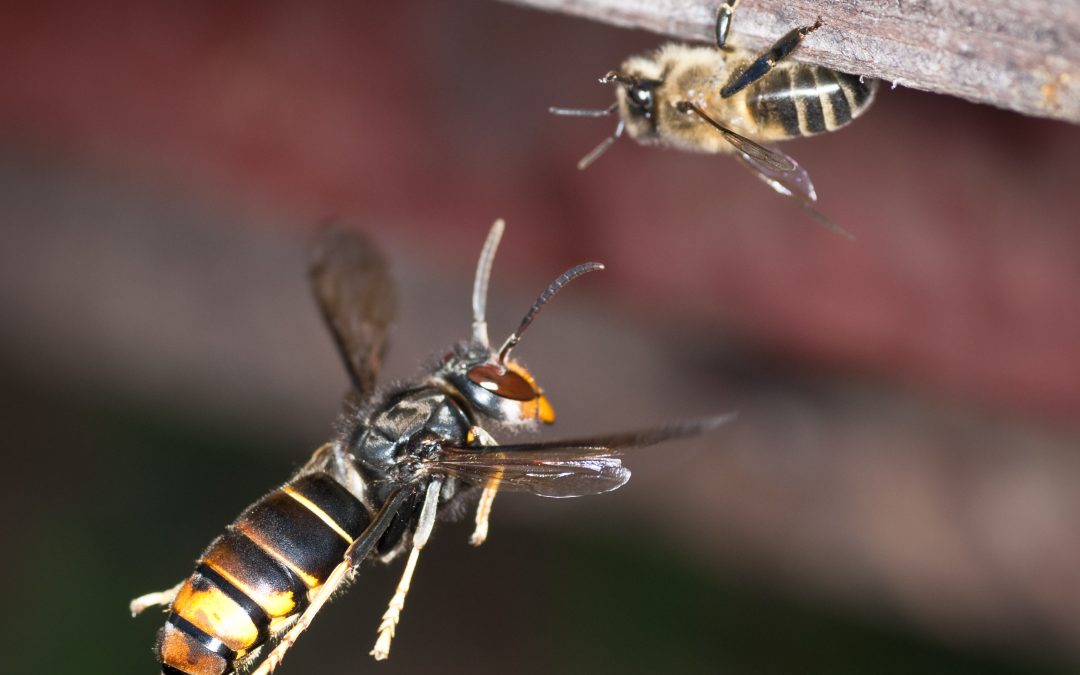
by Molly Jameson | Feb 9, 2024
A disconcerting revelation has emerged concerning the Yellow-Legged Hornet, the so-called “murder hornet’s cousin” in Savannah, Georgia, officially identified as Vespa velutina by the Georgia Department of Agriculture in August 2023,...
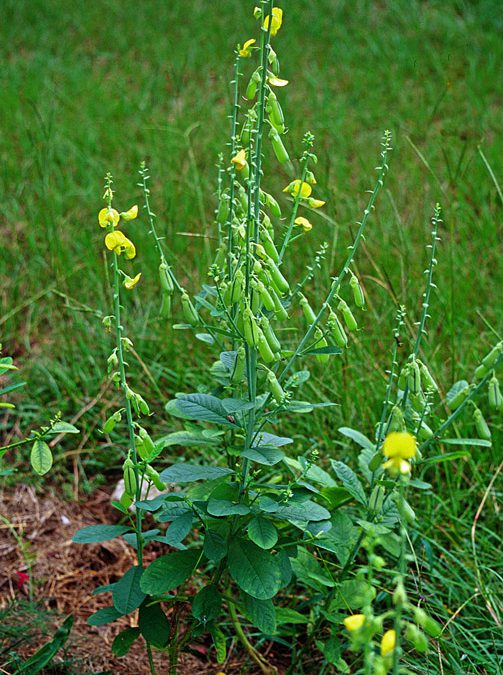
by Robbie Jones | Nov 17, 2023
Weeds are always a concern for pastures and hay fields. However, some of these weeds can be toxic to livestock. There are some fall and winter weeds livestock producers should be aware of and look out for. This especially becomes an issue when we experience drought...
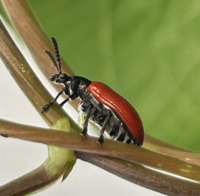
by Xavier Martini | Nov 17, 2023
Jessica Griesheimer, PhD Student, Xavier Martini, Entomology Specialist, North Florida Research and Education Center, Quincy Air Potato Vine, Dioscorea bulbifera, is a perennial invasive vine found throughout the Southeastern United States. Infestations are commonly...
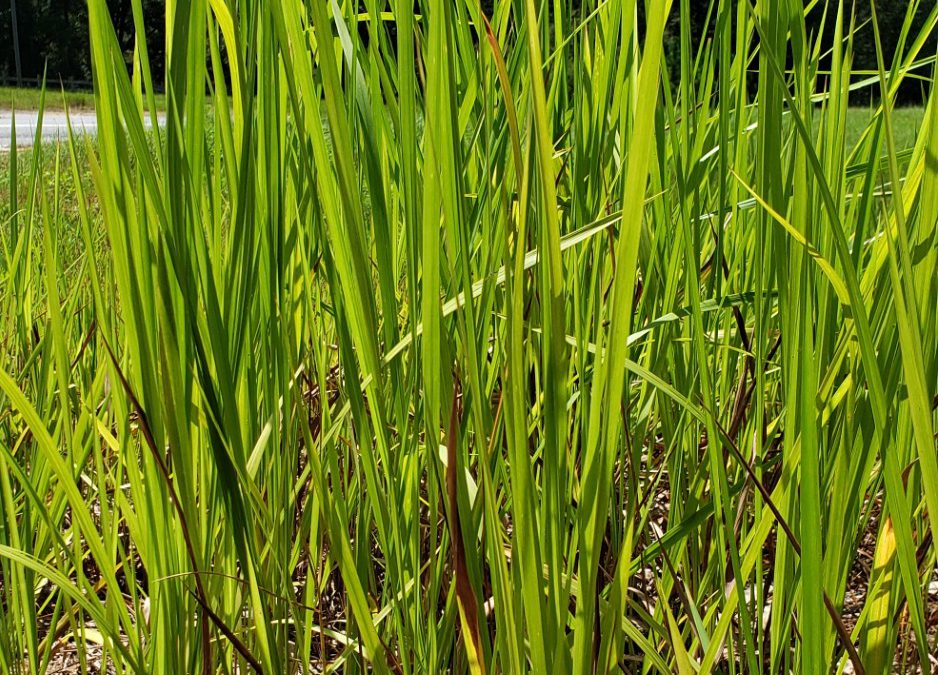
by Mark Mauldin | Oct 13, 2023
Without question, Cogongrass is the most troublesome invasive plant that I (and my clients) deal with. Here in Northwest Florida, we have a lot of it, and it is very difficult to manage. It has been my observation that the difficulty of management and limited early...
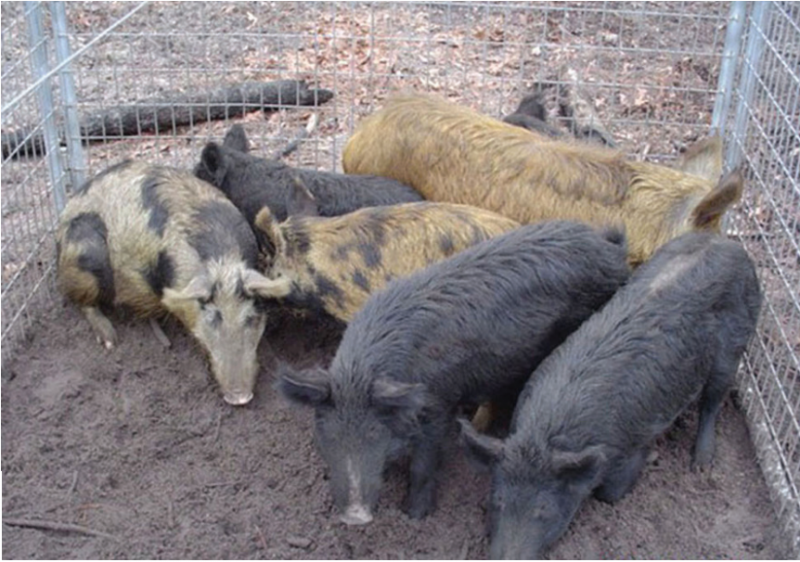
by external | Dec 9, 2022
Hance Ellington, Grazinglands Wildlife Specialist, UF/IFAS Range Cattle Research &Education Center UF/IFAS researchers are currently conducting a survey of Florida landowners/managers seeking to learn more about their thoughts and opinions regarding wild...
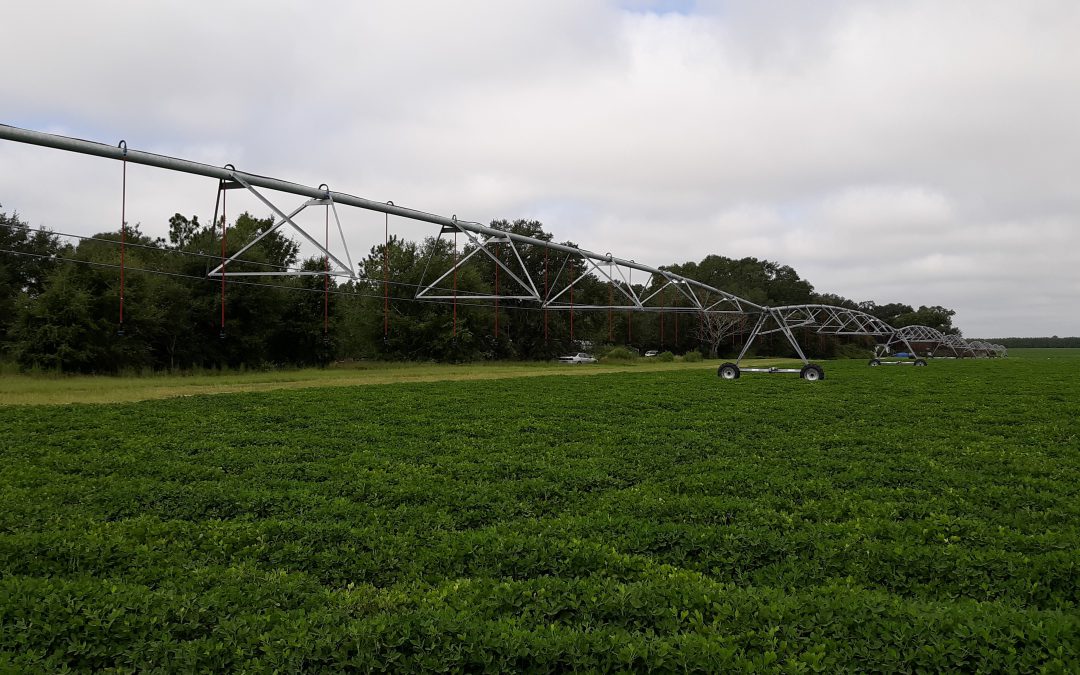
by Andrea Albertin | Sep 30, 2022
The USDA’s Natural Resources Conservation Service (NRCS) offers producers technical and financial assistance to help them implement Best Management Practices (BMPs) on their operations. NRCS staff work with farmers, ranchers, and forest land managers to...







